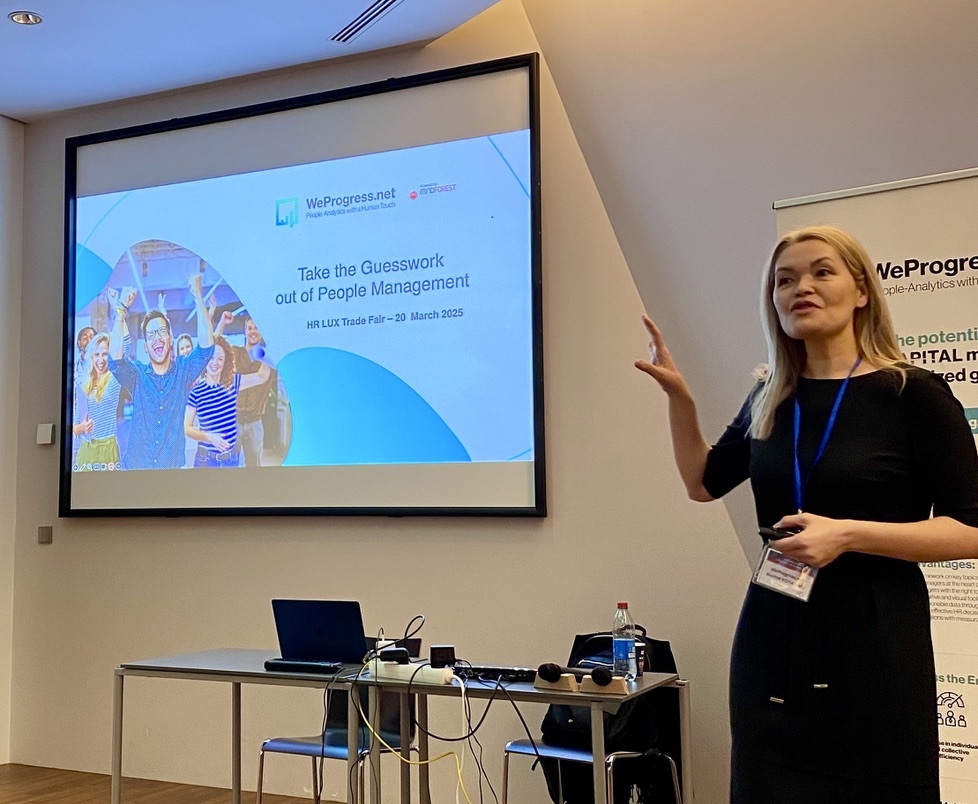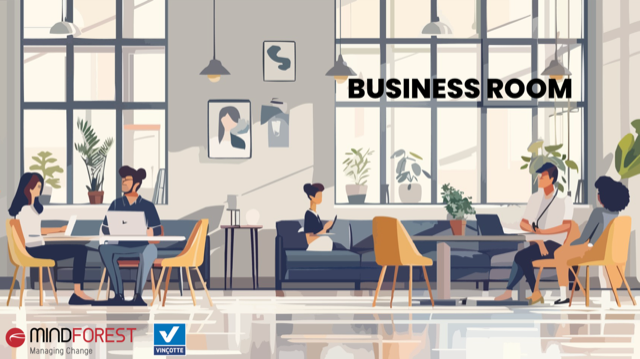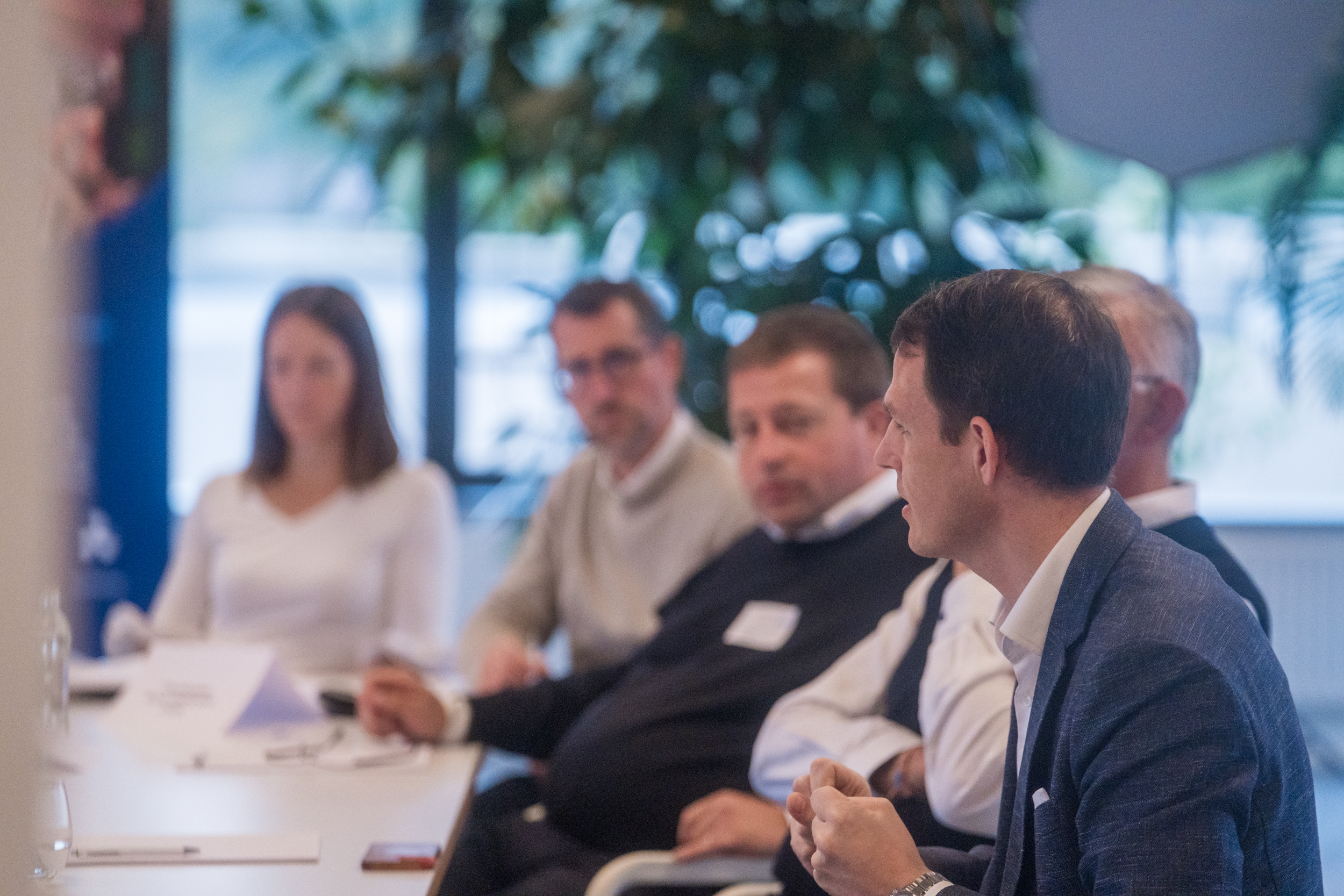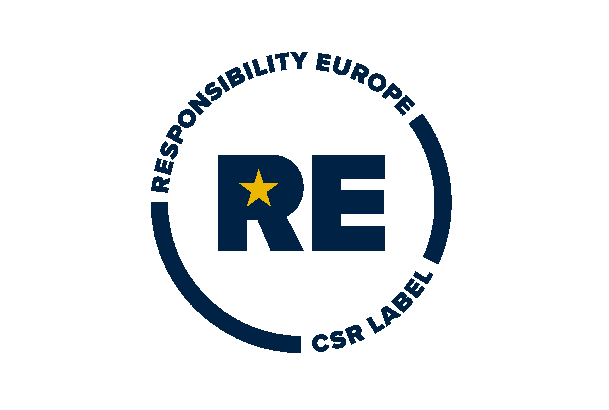How sustainable business models impact the bottom line
This article will endeavour to explain why there is now a movement to see CSR no longer as Corporate Social Responsibility, but rather as Corporate Sustainability Reporting Strategy to underline the importance for future generations of the adoption of such an approach.
In the past many people linked a CSR strategy to sorting rubbish and general employee well-being. Most even saw it as plain window-dressing and not really of concern to the C-suite.
However, a truly comprehensive CSR strategy should always take all aspects of corporate governance into account, as then it could be used as a means to assure the long-term stability and development of the company on the basis of a coherent and ongoing approach.
Meeting new market demands
Given the underlying trend to create new businesses to meet new market demands and cater for changed consumer habits, there is pressure on business leaders to do so in the most sustainable way. After all consumer expectations are becoming increasingly difficult to predict in an ever-changing world, where also generational influences kick in. Given social media’s ability to raise critical awkward questions about unethical methods and sources at any given moment, all of which can have disastrous consequences for even the most successful brand. To quote from McKinsey’s 2021 global report :
“Furthermore, when (business leaders) were asked what they wished they had known before their organizations built their new businesses, respondents most often wished they’d had a better understanding of their customers’ needs, expectations, and pain points”
McKinsey 2021 global report
Ethical finance
Of course, the desire to create new businesses is closely linked to financial markets, which are in turn becoming increasingly aware of the need to monitor supply chains closely – even prior to the introduction of European regulatory measures, which are expected at the end of 2022. One example of this is demonstrated by the Luxembourg Stock Exchange’s engagement in the field of sustainable finance. According to Ms Laetitia Hamon , head of sustainable finance, there is a need for awareness of the importance of ESG risk evaluations linked to entire value chains, which explains why the LGX Academy was set up in 2020 to train stakeholders and ensure the application of global reporting standards. Ms Hamon believes that in the not-too-distant future, companies which are not compliant will find it very difficult to attract investors no matter how good their ideas are.
What about the circular economy?
Similarly in the field of real estate and construction – and undoubtedly fueled by shortages in raw material and rising prices – many companies are beginning to understand that to quote Christian Ulbrich, CEO of JLL,
“buildings are more than walls and wires. They should embody safety, innovation, efficiency, and sustainability, and help people connect to one another”
Christian Ulbrich, CEO of JLL
Many experts had already presented their ideas for the implementation of the circular economy and the calculation of a carbon footprint, but often the “pain” was not sufficient to justify the increased costs. Now, there is growing recognition of the fact that this approach can also constitute a real selling factor for real estate, as companies strive to meet their own sustainable goals while cutting costs. This trend is also echoed by the interior design of such buildings, many of which have been renovated to provide more collaborative and creative spaces to reflect a change in ways of working. Some may seem more like a boutique hotel than an office block, as employers see the need to woo their employees back to the office. The talent war and lessons learnt during Covid confinement have forced companies to rethink the future of office space, frequently going so far as to involve employees in the definition of their perfect offices.
In its 2021 Global Study , McKinsey also notes that
“Business leaders predict that by 2026, half of their revenues will come from products, services, or businesses that haven’t yet been created. Here’s how new-business building can help bridge that gap through sustainable, inclusive growth”
McKinsey 2021 global report
Senior management will have to recognise the need to work on a sustainable vision and strategy, as otherwise their organisation may not have a long-term chance of survival.
For the greater good
The real challenge is how we can face the sheer, global scale of just how much needs to be reassessed and realigned, Dr Marcus Mueller of Sacred Heart University has observed:
“we need to form a new narrative around the way we live, and how we live together”
Dr Marcus Mueller
this refers to really large-scale changes to currently accepted societal models. Professor Mueller believes in the need for a common, aligned approach, as long as approaches remain individualistic there is little chance of success given that everyone is pursuing their own individual goals rather than those which will help society as a whole.
Employee empowerment: self-leadership and skills
The impact of all these changes is at this stage difficult to assess, but it would be fair to assume that they will be major. Many new tasks will emerge, others will become defunct or simply irrelevant to new ways of working. The whole concept of life-long learning will gain vastly in importance, as educational systems scramble to keep pace and companies realise that without on-going training programmes their employees will be ill equipped to keep pace with changing strategies. Employees themselves will have to accept an ever-increasing pace of change and will need to be adaptable in order to remain employable. If this transition is to be successful, communication and human guidance will play a major role in demystifying the need for change and reducing anxiety levels among employees. Scared employees do not work well, inspired employees do. Indeed, there will be job losses in many sectors, but also incredible openings and opportunities in others.
Sustainable supply chains
Using business as a force for good
To quote Christopher Flavin, former president of the Worldwatch Institute,
“Building a world where we meet our own needs without denying future generations a healthy society is not impossible, as some would assert. The question is where societies choose to put their creative efforts.”
Christopher Flavin
WANT TO RECEIVE OUR LATEST THOUGHT LEADERSHIP CONTENT?
Related posts
 Take the Guesswork out of People Management
Take the Guesswork out of People Management
 From processes to people: achieving quality
From processes to people: achieving quality
 Daring to lead Positive Transformation: What if Positive Emotional Capital was your key to sustainable change?
Daring to lead Positive Transformation: What if Positive Emotional Capital was your key to sustainable change?
 Why hire Change management professionals? We can do it alone!
Why hire Change management professionals? We can do it alone!
 Digital Transformation and Change Management: Lessons shared in an event hosted by Cebi and MindForest
Digital Transformation and Change Management: Lessons shared in an event hosted by Cebi and MindForest



